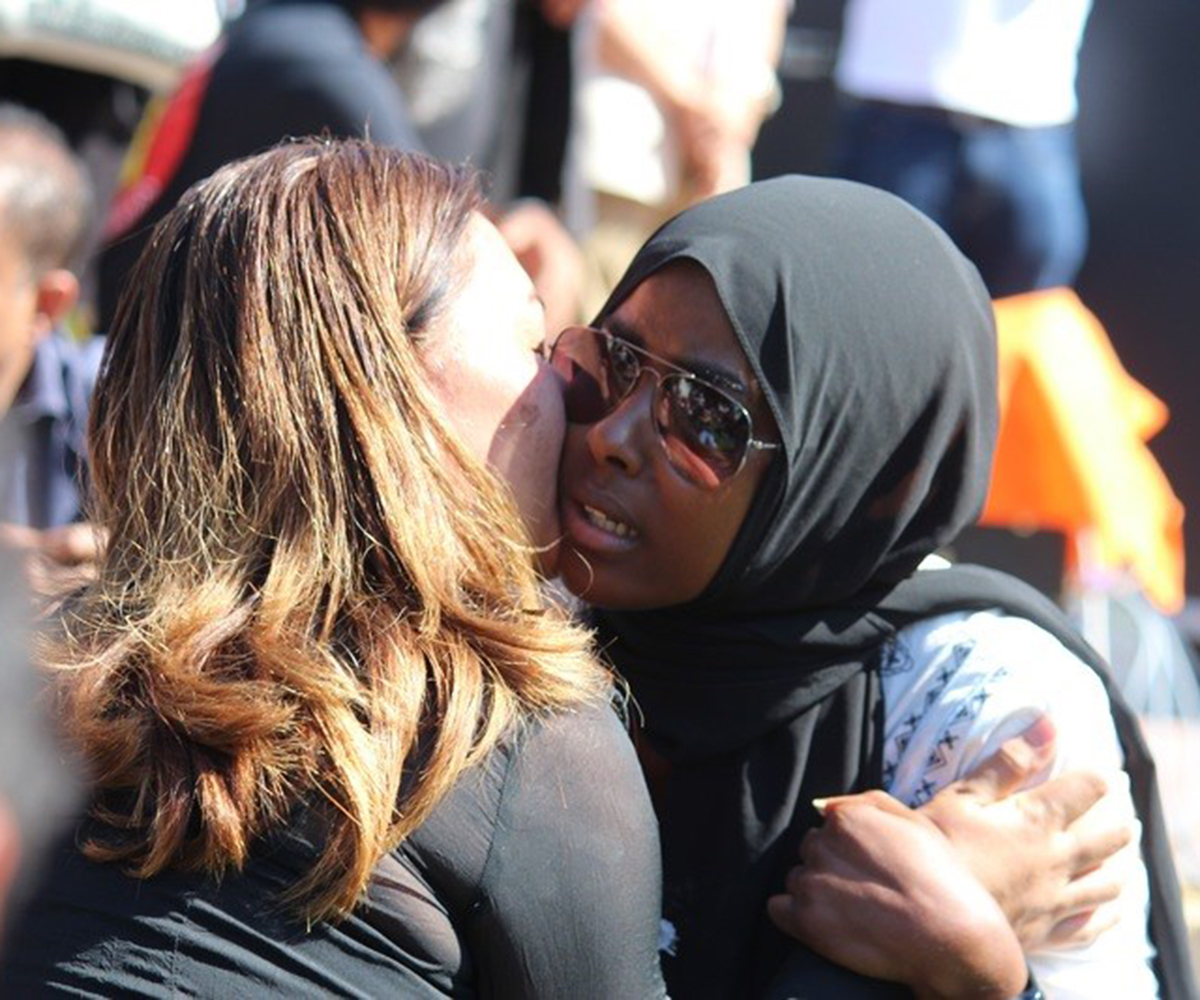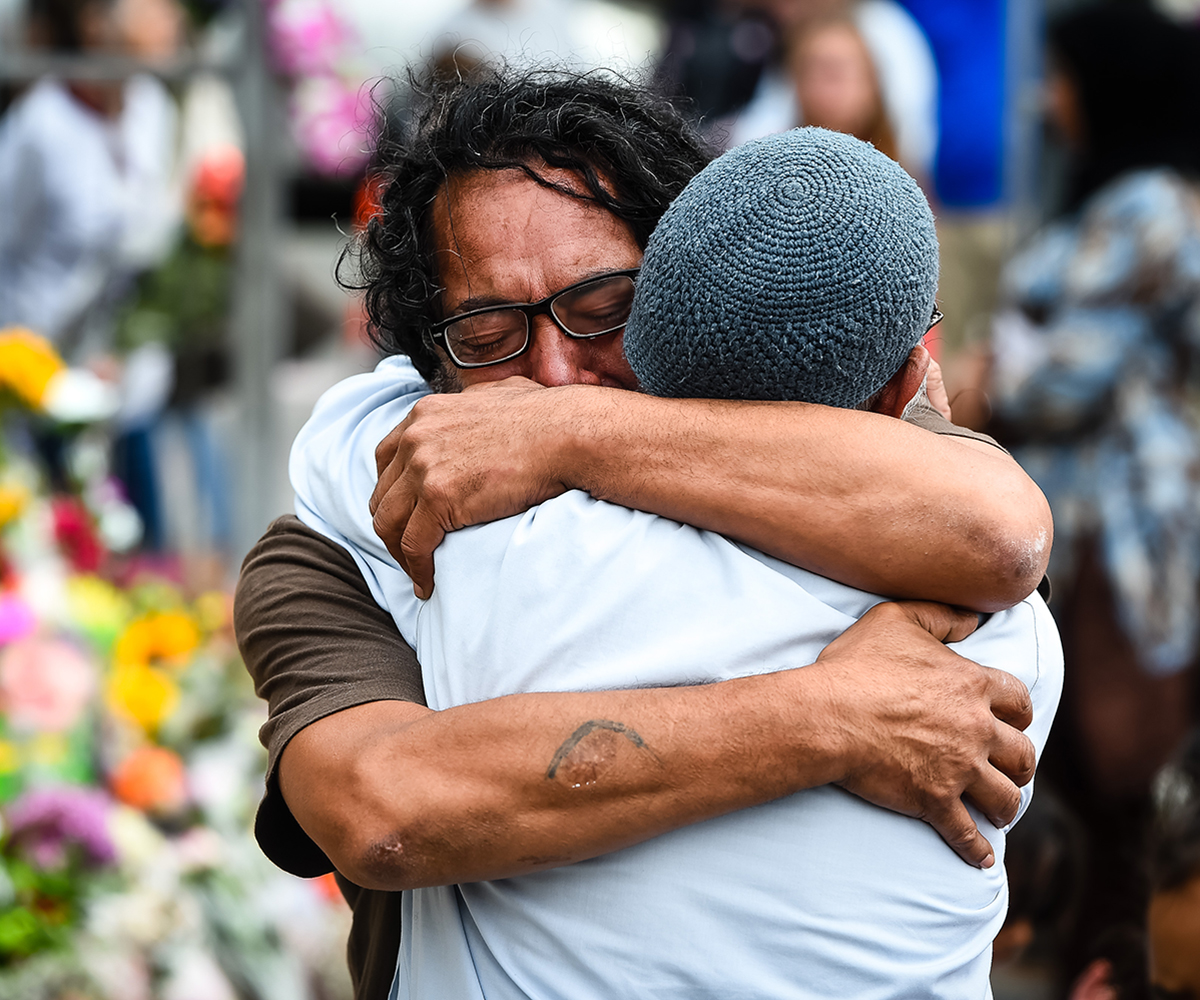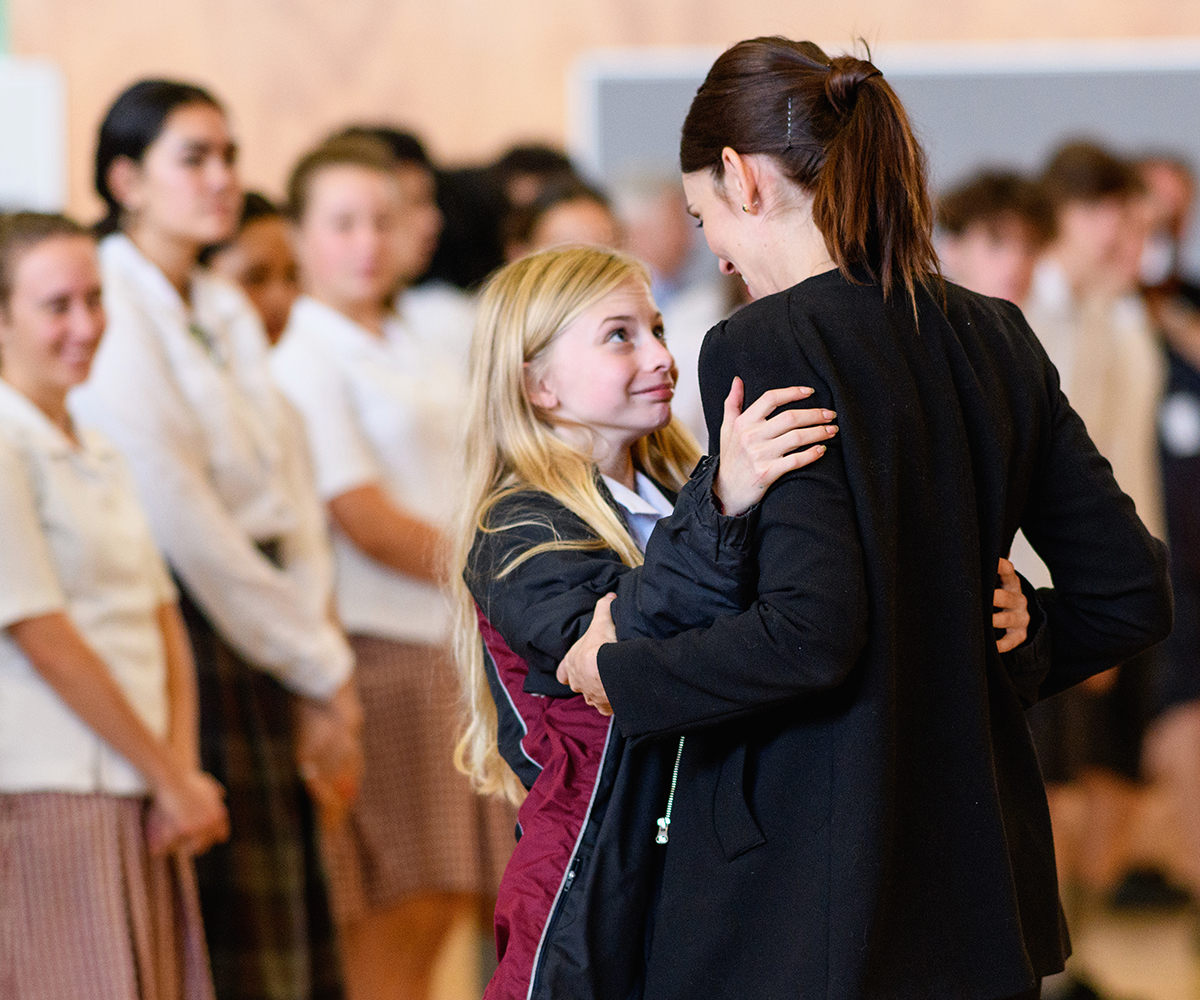For me, perhaps, like many New Zealanders who have not been at the receiving end of hateful, racial discrimination or abuse, it is easy to be shocked about the terrorist attack on Christchurch. We are in a position of privilege.
Sure, I heard the stories and anecdotes of racism faced by my fellow sisters in hijab (headscarf), but it was never at the forefront of my mind every day; worrying about whether I would get verbally abused or a “funny look”. I never once thought or feared my hijab or beliefs would ever put my life in danger. On Friday 15th March 2019, that changed forever.
In 2013, I embarked on a journey – contemplating whether to wear the hijab or not “full-time”. I realised the reasons (excuses) why I wouldn’t wear the hijab were not good enough. Those reasons were based on fear. The fear of being seen differently in the eyes of my peers who were at the centre of my universe at the time. The fear of being rejected or ostracised by friends or individuals who knew me. The fear of being judged by people who had no understanding of my religion and who would base their opinions from the negative and inflammatory misinformation that was being regurgitated by certain media outlets.
I was afraid that I would not get the same employment opportunities and respect that a “normal” (i.e. non-hijabi) person would get. The truth is, and ironically, after wearing the hijab in 2013, I faced no overt racism or discrimination. While my fellow sisters in hijab were being spat at, had abuse hurled at them and even individuals trying to remove their headscarf forcefully, I had positive encounters.
In my first year at the University of Otago, I had an elderly Pākehā man (a complete stranger) come up to me and wish me a “Happy Eid” as we were gearing towards the end of Ramadan, the holy fasting month. I also had a stranger inflate my ego who told me I looked beautiful.
The decision to wear the hijab “fulltime” was one of the best decisions of my life. Not only does my hijab connect me closer to my creator and display my faith, but my hijab is also my source of mana: the strength I draw upon in moments of anxiety and hardship.
For many Muslims, Tangata Whenua, people of colour or individuals who belong to minority groups (or work within the race relations sector), the Christchurch shootings are a manifestation of the growing racism and discrimination in New Zealand that has been long denied and labelled as an “underbelly”. Most of us are thinking about how on earth did this happen in New Zealand and how did we get here?
However, in reality, we do not need to look too far back in our history to see that the Christchurch shootings were not the first great act of violence towards a specific demographic in New Zealand. We need to only look at the Māori land wars of the 1840s-1870s, the Parihaka attack of 1881, the dawn raids of the 1970s and 1980s and not to mention the hate crimes and incidents attributed to the National Front and far-right politics in the 20th century.
For many years, brave individuals have shared their lived experiences of racism only to be publicly ridiculed or dismissed as insignificant. Remember the backlash Taika Waititi faced when he called out New Zealand for being racist AF? If I have learnt anything in my 25 years of life to date, it is that your lived experience is yours alone. No one, who has not walked in your shoes or seen the world through your eyes, can deny your lived experience. While we may have common themes and threads within our stories, at the end of the day, your lived experience is uniquely yours.
I sincerely believe that the perpetrator of the Christchurch shootings failed in his mission to instil division within my Muslim community and New Zealand. He attempted to send a message to the Muslim community in Christchurch, Aotearoa and the world, that Muslims do not belong.
In contrast, the outpouring of aroha and support from New Zealanders all over the country has been overwhelming. From the millions of dollars raised to support the victims and their families, to the hundreds and thousands of flowers that have been placed at the front gates of mosques around the country, and the numerous vigils held and attendees at the events and gatherings of unity and aroha. New Zealand has answered with a resounding NO.
Not only do Muslims belong but our pain and loss is the pain and loss of the entire nation too. New Zealanders of all different faiths, shades and walks of life, stand by the Muslim community of Aotearoa.
Over the coming weeks, months and years, as the flowers wilt across memorials and mosques around the country, as our attention is grabbed by the politics of Brexit and he-who-must-not-be-named in the USA, I hope New Zealanders will continue to stand by the Muslim community. I hope the aroha and support will be extended to every individual who is on the receiving end of racism or discrimination, to every individual who is made to feel insignificant and inferior.
I hope that we will attest the lived experiences of those whose stories do not align with our own or fit into our “norm”. I hope New Zealanders will stand up and speak out against hate and bigotry. I hope we will continue the courageous conversations about racism, white supremacy and the reawakened rise of right-wing extremist ideologies in Aotearoa and their impact and very real consequences on the Muslim and other communities.
Most importantly, I hope we will all check ourselves and deeply reflect on the privilege that we carry, the conscious and unconscious bias that we bring, and I hope that we acknowledge the profound impact that our words have on others.
This was first published on our sister site, Noted.


